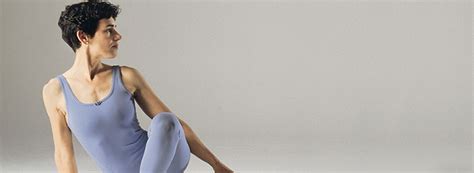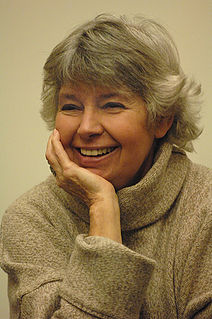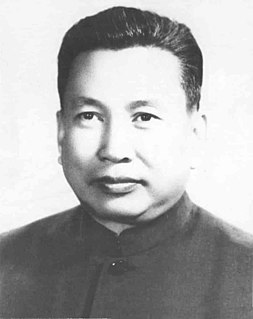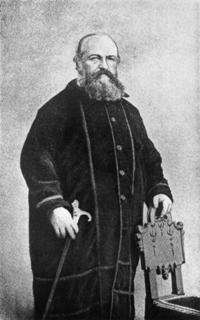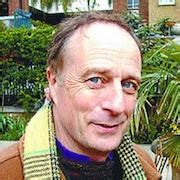A Quote by Marcel Proust
The features of our face are hardly more than gestures which force of habit made permanent. Nature, like the destruction of Pompeii, like the metamorphosis of a nymph into a tree, has arrested us in an accustomed movement.
Related Quotes
My work is not so overtly about movement. My horses' gestures are really quite quiet, because real horses move so much better than I could pretend to make things move. For the pieces I make, the gesture is really more within the body, it's like an internalized gesture, which is more about the content, the state of mind or of being at a given instant. And so it's more like a painting...the gesture and the movement is all pretty much contained within the body.
Though we may never be able to comprehend human life, we know certainly that it is a movement, of whatever nature it be. The existence of movement unavoidably implies a body which is being moved and a force which is moving it. Hence, wherever there is life, there is a mass moved by a force. All mass possesses inertia; all force tends to persist
The religion of our fathers overhung us children like the shadow of a mighty tree against the trunk of which we rested, while we looked up in wonder through the great boughs that half hid and half revealed the sky. Some of the boughs were already decaying, so that perhaps we began to see a little more of the sky than our elders; but the tree was sound at its heart.
You can't forget that organizational success flows from the hearts and minds of the men and women you lead. Rather than treating your people as you'd like to be treated, treat them as they would like to be treated. Small gestures like opting for face-to-face meetings or sending personal notes can have an enormous impact on teams and their morale.
If our planet has seen some eighty billion people it is difficult to suppose hat every individual has had his or her own repertory of gestures. Arithmetically, it is simply impossible. Without the slightest doubt, there are far fewer gestures in the world than there are individuals. That finding leads us to a shocking conclusion: a gesture is more individual than an individual. We could put it in the form of an aphorism: many people, few gestures.
Our nature is to worship, but unless that element is directed towards God it becomes "a senseless impersonal force, carrying us away in its momentum. It becomes a search for ecstasy - no matter what kind achieved through destruction...The worshipful integraton of nature in the person is inverted in a hellish imprisonment of the individual in nature."
In the past, destruction of your neighbour might have been considered a victory, but today we are all interdependent. We live in a global economy; we face problems like climate change that affect us all. The 7 billion human beings alive today belong to one human family. In the context that others' interests are in our interest and our interest is in their interest, the use of force is self-destructive.
And even if these scenes from our youth were given back to us we would hardly know what to do. The tender, secret influence that passed from them into us could not rise again. We might be amongst them and move in them; we might remember and love them and be stirred by the sight of them. But it would be like gazing at the photograph of a dead comrade; those are his features, it is his face, and the days we spent together take on a mournful life in the memory; but the man himself it is not.


